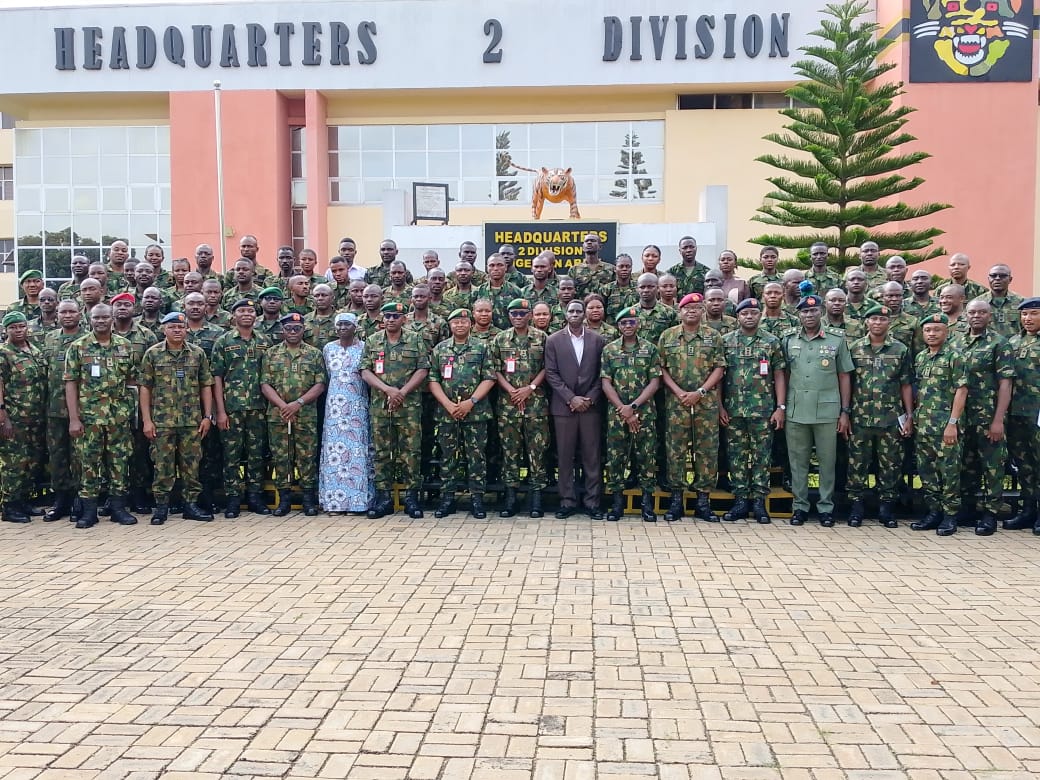Embrace Transformational Leadership For Operational Success, COAS Urges Field Commanders
•••As Soldiers Commence Training On Effectiveness In Joint Military Operations In Ibadan
•By Admin
IBADAN – The Nigerian Army has commenced a high-level seminar aimed at strengthening leadership capacity among its junior and mid-level field commanders to improve operational effectiveness in joint and multi-agency environments.
The event, organized by the Army Headquarters Department of Transformation and Innovation, was held at the Headquarters of 2 Division, Ibadan, with the theme “Transformational Leadership and Nigerian Army Operational Effectiveness in a Joint and Multi-Agency Environment.”
The Chief of Army Staff (COAS), Lieutenant General Olufemi Oluyede, who was represented by the Chief of Transformation and Innovation (Army), Major General Samson Abai, declared the seminar open and emphasized the need for officers to develop adaptive leadership skills in line with the Army’s evolving operational demands.
According to General Oluyede, the seminar’s focus on transformational leadership was in line with his Command Philosophy, which prioritizes motivation, discipline, and strategic effectiveness across all operational levels.
He noted that the junior and mid-level commanders serve as the “tactical backbone” of the Army’s operations and play a pivotal role in sustaining troop morale and achieving mission success.
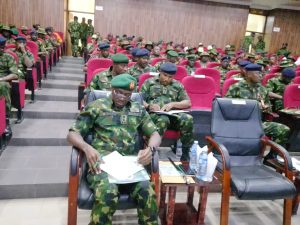
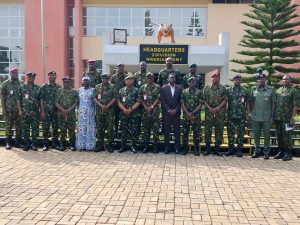
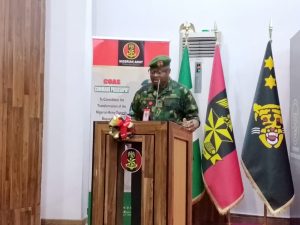
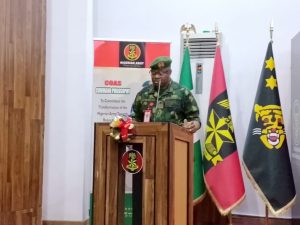
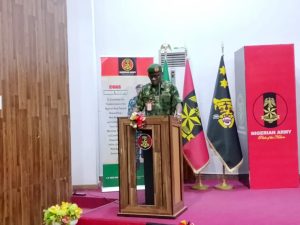
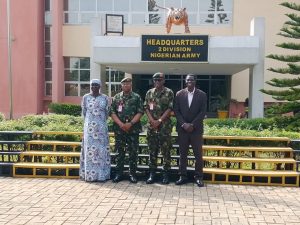
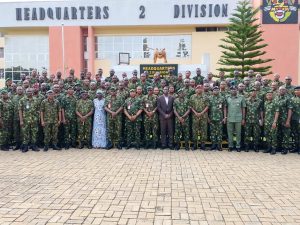
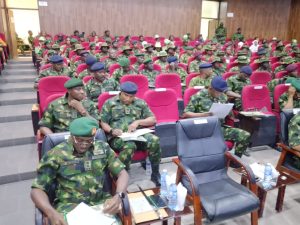
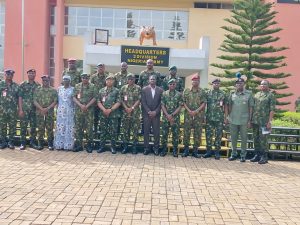
“Your role as junior and mid-level commanders is central to the success of all Nigerian Army operations and, ultimately, our national security,” the COAS stated.
“The current operational landscape requires leaders with the character, commitment, and capacity for quick mental appreciation, as well as the ability to translate intelligence into decisive action.”
General Oluyede acknowledged the challenges posed by drug abuse and post-traumatic stress disorder (PTSD) among troops, noting that such issues could undermine combat readiness.
He commended the inclusion of these topics in the seminar agenda, describing them as timely interventions that would help address key impediments to operational effectiveness.
He further lauded the Department of Army Transformation and Innovation for organizing the event and appreciated the President and Commander-in-Chief of the Armed Forces, His Excellency Bola Ahmed Tinubu, for his support and strategic guidance to the Nigerian Army.
“Mr. President’s commitment to our operational and administrative needs has been pivotal to the successes achieved so far and continues to strengthen our capacity to safeguard the nation’s security and territorial integrity,” Oluyede said.
Earlier in his welcome address, the Chief of Transformation and Innovation (Army), Major General Samson Abai, represented by the Deputy Director Operation Analysis Department of Army and Innovation Brigadier General Isang Akapaumontia highlighted the seminar’s purpose as part of the Army’s ongoing efforts to reposition its leadership structure and strengthen discipline, regimentation, and professional standards.
He explained that the seminar was designed to institutionalize mentorship and enhance the leadership capacity of officers operating in complex and multi-dimensional theatres of operation, particularly within the South-West and parts of the North-Central regions under 2 Division’s area of responsibility.
“This region faces challenges ranging from banditry and kidnapping to pipeline vandalism, illegal mining, and smuggling. These threats require commanders who can think and act decisively, motivate their troops, and cooperate effectively with sister services and other stakeholders,” Abai stated.
He reaffirmed that the seminar aligned with the COAS’s Command Philosophy of “Consolidating the Transformation of the Nigerian Army towards Bequeathing a Well-Motivated and Combat-Ready Force that can Effectively Discharge its Constitutional Responsibilities within a Joint and Multi-Agency Environment.”
The seminar, Abai added, features three key lectures, “Building the Leadership Capacity of Junior and Mid-Cadre Commanders: The Role of Operational Level Commanders in the Nigerian Army,” “Effects of Drug/Substance Abuse on Combat Readiness in the Nigerian Army,” and “The Effect of Post-Traumatic Stress Disorder (PTSD) on Troops’ Combat Readiness in Nigerian Army Operations.”
Abai also commended the General Officer Commanding (GOC) 2 Division, Major General C.R. Nnebeife, and his staff for their support and hospitality, noting that their collaboration made the successful hosting of the seminar possible.
“Leadership is a lifelong responsibility for military personnel,” Abai emphasized.
“This seminar is not just a training event but a call to action, to lead with purpose, integrity, and adaptability in the face of evolving national security challenges.”
The event was attended by senior officers from the Defence and Services Headquarters, directors, resource persons, and participants drawn from various formations of the Nigerian Army.

